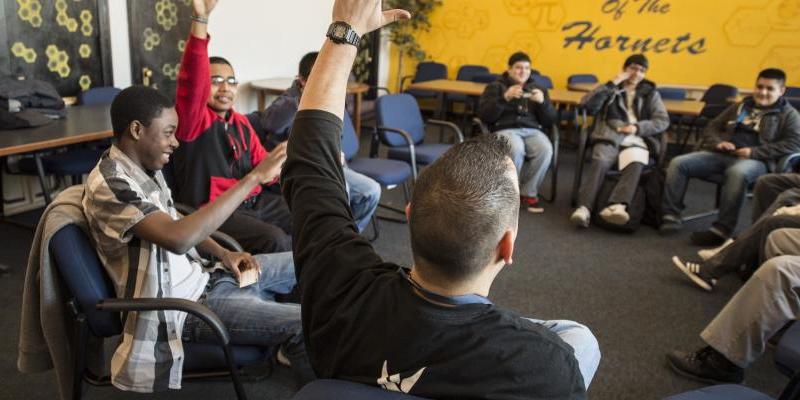Data Analysis and Methods
The Inclusive Economy Lab uses a variety of research methods and analytical techniques to provide the most rigorous evaluation possible, based on community and partner needs. Our most commonly used methods are listed below.
Randomized controlled trial
- A random lottery determines who receives a policy or program, and the treatment effect is the difference between those groups
- This method provides the strongest evidence that the intervention caused the difference in outcomes between the groups
- The Inclusive Economy Lab will only use this method when there are more eligible participants than there are resources to provide the service
Natural experiment
- There is natural variation unrelated to what is being measured, which allows the identification of causal effects
- Includes regression discontinuity design, in which similar individuals are compared directly above and below a threshold that is used to determine access to services
- This method provides some certainty that the intervention caused the difference in outcomes between groups
Propensity score matching
- Randomization does not occur; rather, individuals who receive a policy or program are compared to similar individuals who did not receive it, but are similar on observable characteristics
- The method can provide suggestive evidence that the program or policy affected the outcome of interest, but can not rule out that the differences were a result of another unobserved difference between the two groups
Descriptive analysis
- Provides a descriptive picture of patterns and changes over time that can be useful in identifying opportunities for systems change
- Often is limited to simple descriptive statistics (such as means, or averages), but can also include more sophisticated analyses, such as cluster analysis
Qualitative analysis
- Includes conducting interviews and focus groups, and fielding surveys
- Provides an opportunity to elevate the voices of individuals with lived experience and provide insights into how programs and policies work (or don't)
Return to the Inclusive Economy Lab homepage





